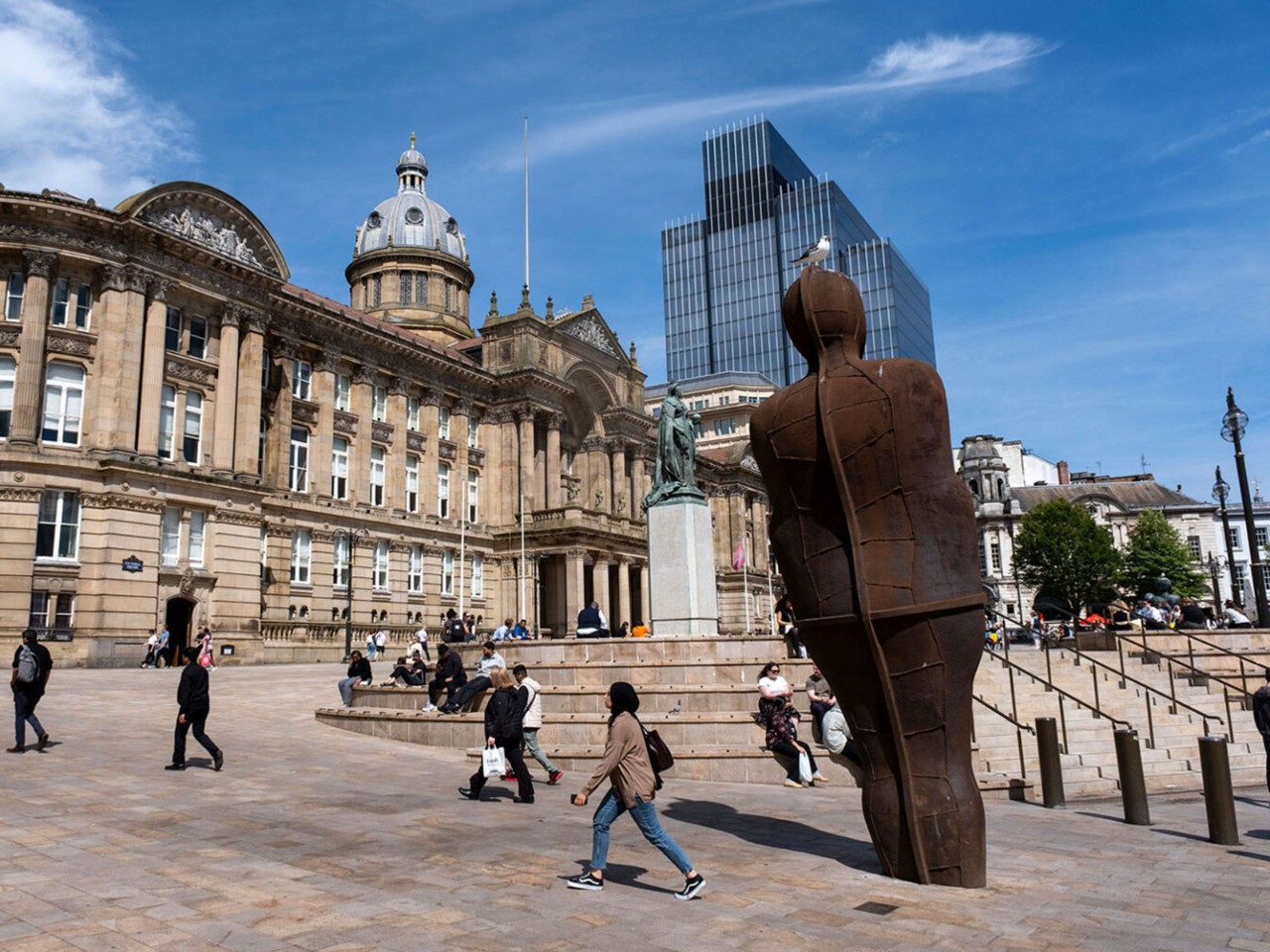
There have always been deluded business tycoons, as we used to call them. And often, by the nature of being deluded, fraudulent as well. It is a fine line.
I once did some filming for the BBC’s Money Programme. At one point, after Asil Nadir’s fall and flight, we were in the inner sanctum of his sprawling conglomerate, Polly Peck. While making him a celebrity tycoon in the popular press, the business was built on a vast interconnecting chain of transactions that eventually collapsed.
It had all been directed out of an extraordinary property overlooking London’s Berkeley Square, which was filled – overwhelmed – with cushions, tapestries, rich fabrics and eastern carpets. It was its own world. If a visitor had arrived on a flying carpet, you would not have been surprised.
I sat down at Nadir’s desk and looked around. And what you thought, quietly to yourself, was that the fraud was perfectly understandable. If you sat for long enough in that place it would be easy for fantasy to overtake reality and for belief to transcend truth. It was an early example of how delusions could be allowed to run wild.
‘Late tech’ is seen as the power to do on a global scale more or less as you please
But these were isolated and colourful examples. A rather greater number of senior business people gave of their time to create codes of corporate governance, such as Cadbury, Hampel and Greenbury – a roll-call right down to Mark Carney, now elevated to the role of prime minister of Canada, but who gave his time to work on sustainability reporting. Business prospered, but the need for accepted rules and codes of behaviour to enable that prosperity to flourish was strong.
Tech change
What has changed is the age of tech. What had previously been seen as unreal amounts of money is now commonplace, and the businesses no longer connect to reality. A US president can, at the stroke of a pen, get rid of the rules on insider trading, for example.
What we should now call ‘early tech’ was different. Squillions of dollars could be made. But vast sums could also be put into research devoted to the possibility of bringing a disease like malaria under control. This was what tech also easily enabled us to do.
In the US, in particular, the element of duty is evaporating
But what can now be called ‘late tech’ is simply, once a tipping point has been reached, seen as fun, or fantasy, or the power to do on a global scale more or less as you please. The element of ‘goodness’ has started to evaporate. And the ‘tone from the top’ has darkened.
In the US, in particular, the element of duty, never vast, but seen as extremely important to your business image, is evaporating. The state of your reputation, the subject of so many keynote presentations, no longer seems to matter.
We have moved from a point where corporates did things, many useful, to chairmen and CEOs telling you what you ought to think they have done. Once upon a time corporate folk might have gone to the theatre to see a play. They might have noted and learned. After all, Shakespeare teaches comeuppance on a cosmic scale.
I look back fondly to days of gentler head honchos. One senior City chap I knew of took over, unpaid, the role of chair of trustees of a small local school. There was no kudos, no pay, but he kept it thriving for years.
And he was the same man who could be found, long into his retirement, dispensing the coldest and sharpest of dry martinis out of a thermos flask to his chums on the terrace of the Pavilion at Lord’s Cricket Ground on summer days. I think we know who was the happier.




